Earth’s resources already used up for 2015
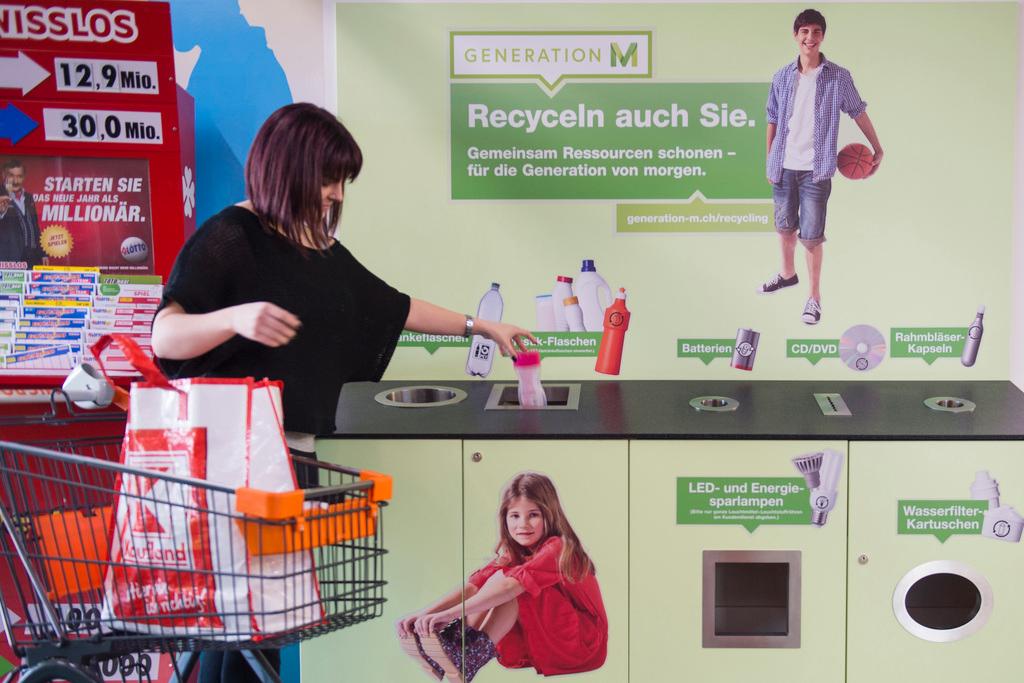
Earth Overshoot Day – the day when global demand for natural resources exceeds what the planet’s ecosystems can renew in a year – has fallen six days sooner in 2015 than in 2014. Switzerland is one of the biggest offenders when it comes to exploiting the environment.
“From now on we’re running on credit,” the Federal Office for the Environment said in a statement with 20 weeks of the year still to go.
It pointed out that over the past 15 years Earth Overshoot Day had been constantly creeping forward in the calendar, from October 1 in 2000 to August 19 last year and August 13 this year.
“If all countries used as many resources as we do in Switzerland, we’d need three planets,” it said.
This figure puts Switzerland in sixth position on the list of countries with a so-called biocapacity deficit (see box), according to the Global Footprint Network, an international think tank that hosts and calculates Earth Overshoot Day.
The only countries with greater deficits are the United Arab Emirates, Singapore, Belgium, Israel and South Korea. The United States comes 11th, Britain 12th and China 24th.
On the other side, the countries with the biggest biocapacity reserves are led by Guyana, Gabon and Bolivia, although large developed nations with low population densities such as Canada, Australia and Scandinavian countries also do well.
Footprint vs biocapacity
On the supply side, a city, state, or nation’s biocapacity represents its biologically productive land and sea area, including forest lands, grazing lands, cropland, fishing grounds, and built-up land.
On the demand side, the ecological footprint measures a population’s demand for plant-based food and fibre products, livestock and fish products, timber and other forest products, space for urban infrastructure, and forest to absorb its carbon dioxide emissions from fossil fuels.
Each city, state or nation’s ecological footprint can be compared to its biocapacity. If a population’s demand for ecological assets exceeds the supply, that region runs an ecological deficit. A region in ecological deficit meets demand by importing, liquidating its own ecological assets (such as overfishing), and/or emitting carbon dioxide into the atmosphere.
(Source: www.overshootday.org)
“In Switzerland we simply consume too much, and producing the goods we consume is too harmful to the environment,” Damian Oettli, head of business and consumption at WWF Switzerland, told swissinfo.ch.
“We have an above-average land usage and below-average biocapacity. Both effects taken together result in the Swiss population, through imports and the overexploitation of natural resources, needing 3.5 times the surface of Switzerland.”
In other words, annual demand in Switzerland for goods and services provided by its land and water sources – such as fruit and vegetables, meat, fish, wood, cotton and carbon dioxide absorption – exceeds, by some way, what its ecosystems can renew in a year.
Globally, it takes 1.6 Earths to support humanity’s demand on nature.
Importance of recycling
“The situation is very serious. Climate change has become fact. Certain irreversible processes are currently under way,” Oettli said.
“The government’s Environment Report 2015External link clearly shows that Switzerland could do a lot more, for example in the energy sector by installing photovoltaic and wind energy or exchanging oil and electric heating for more sustainable and energy efficient options.”
WWF Switzerland believes many people are simply unaware of how much consumption is involved in our daily lives. It points out that one 100g mobile phone requires 44kg of raw materials, a laptop 734kg and an LCD television 2,666kg.
The environmental organisation says that to keep up with fashion, most people change their mobile phone every 12-18 months with the result that an estimated eight million phones are just lying unused in drawers – very few are reused or recycled.
“Recycling is important, however, since in addition to the energy requirements a mobile phone contains precious metals such as copper, silver and gold and many exotic metals such as tantalum, palladium, gallium and indium of which there’s not an infinite supply in nature,” it said in a statement.
Fully baked idea
It’s not all bad news, however. “Switzerland is exemplary in the retail sector. Coop and Migros are among the most environmentally friendly retail chains in the world, Oettli said.
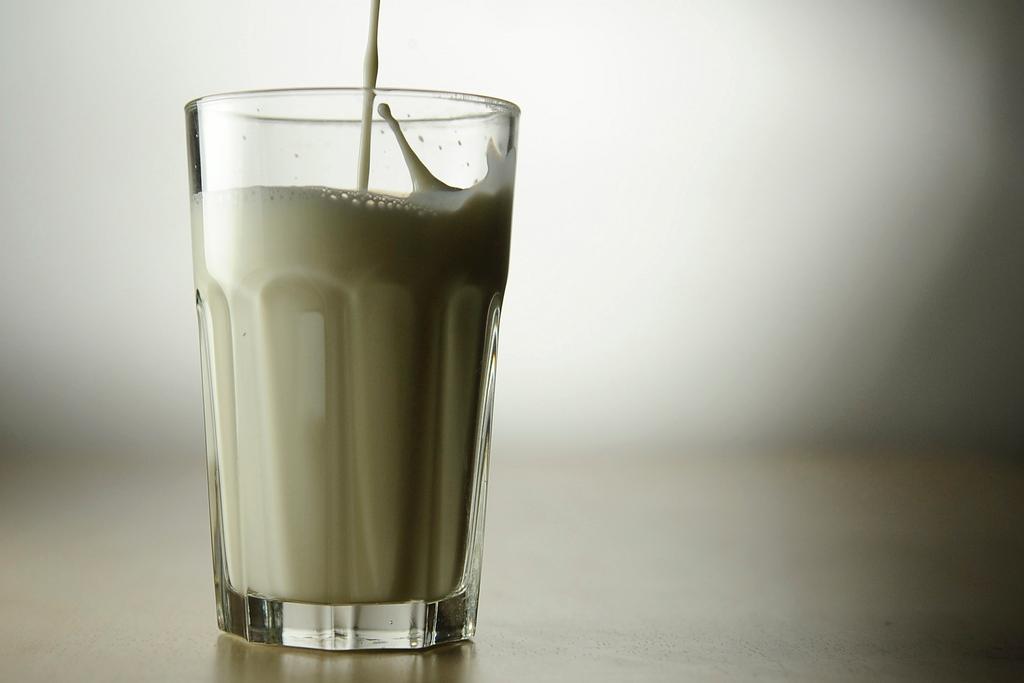
More
Your next meal could save the planet
“The Swiss are also top when it comes to recycling. However, this has very little effect on an individual’s ecological footprint. Changes of behaviour that would be more meaningful would be eating less meat and fewer dairy products, going on holiday within Switzerland or at least in nearby countries, bicycling to work and so on.”
For its part, the government believes many Swiss companies, communes and citizens have long recognised the importance of the green economy and that quality of life and economic efficiency can co-exist.
One example of this is the Äss-Bar in Bern, which since May has been “rescuing” day-old breads and pastries produced by ten local bakeries which would otherwise have been thrown away. The baked goods are then sold at half price.
“It’s not clear to us why baked goods which are faultless from a quality point of view can’t be eaten one day later,” says 28-year-old co-founder Simon Weidmann, adding that in times of dwindling resources, it’s important to approach the issue of top-quality food carefully and send out a signal against food waste.
Up to a third of all food produced for human consumption is lost or wasted globally, which amounts to some 1.3 billion tonnes, estimates the UN Food and Agriculture Organization. WWF Switzerland reckons two million tonnes of food is thrown away every year in Switzerland.
In its first three months, the Äss-Bar has already sold ten tonnes of baked goods – “so together we’ve already prevented ten tonnes of food waste”, Weidmann said. The Zurich branch, which opened in 2013, sold 40 tonnes in its first year.
Weidmann admits that the Äss-Bar is only a small project but it makes a highly practical contribution to the issue: that sustainable business and management is possible.

In compliance with the JTI standards
More: SWI swissinfo.ch certified by the Journalism Trust Initiative

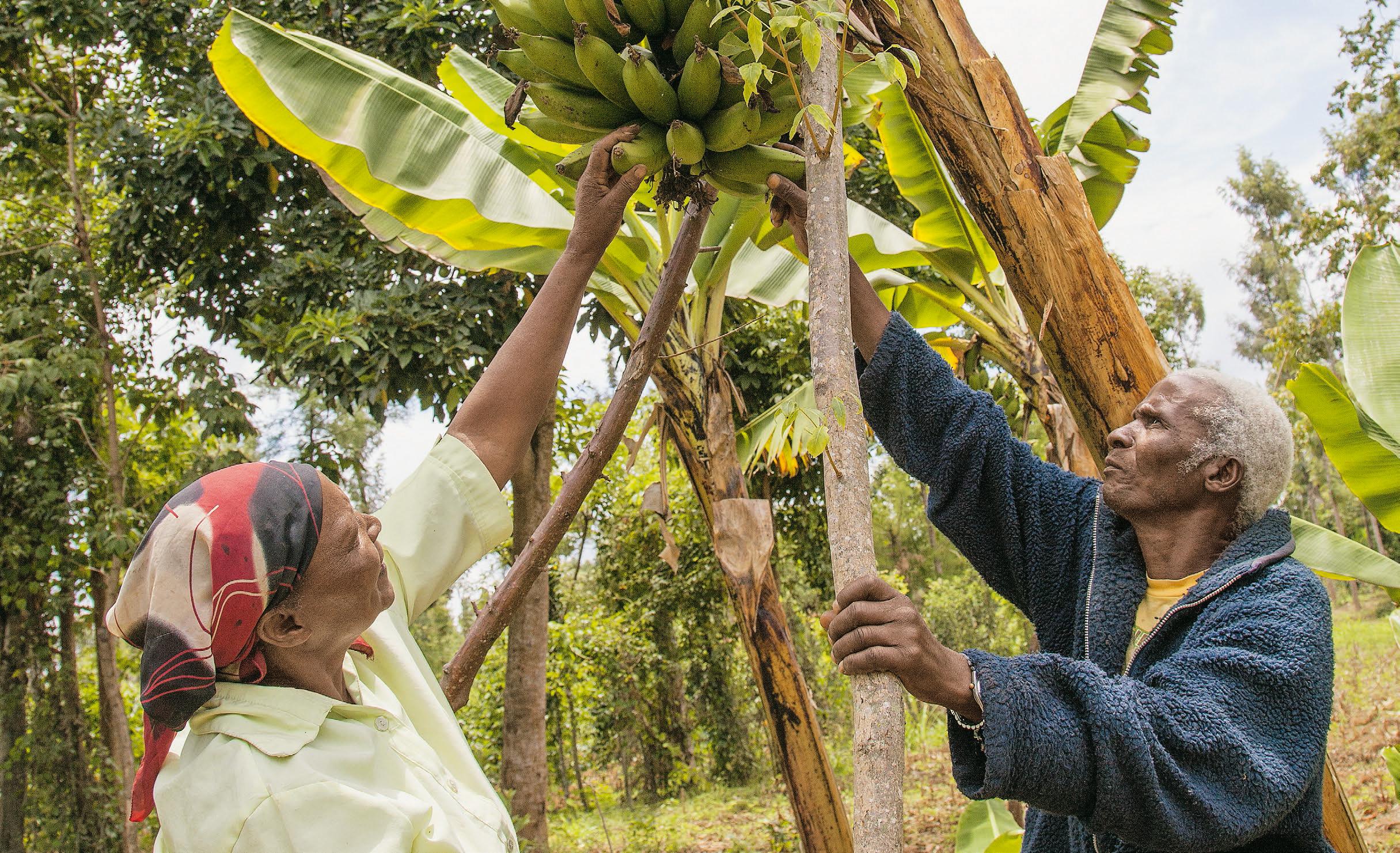

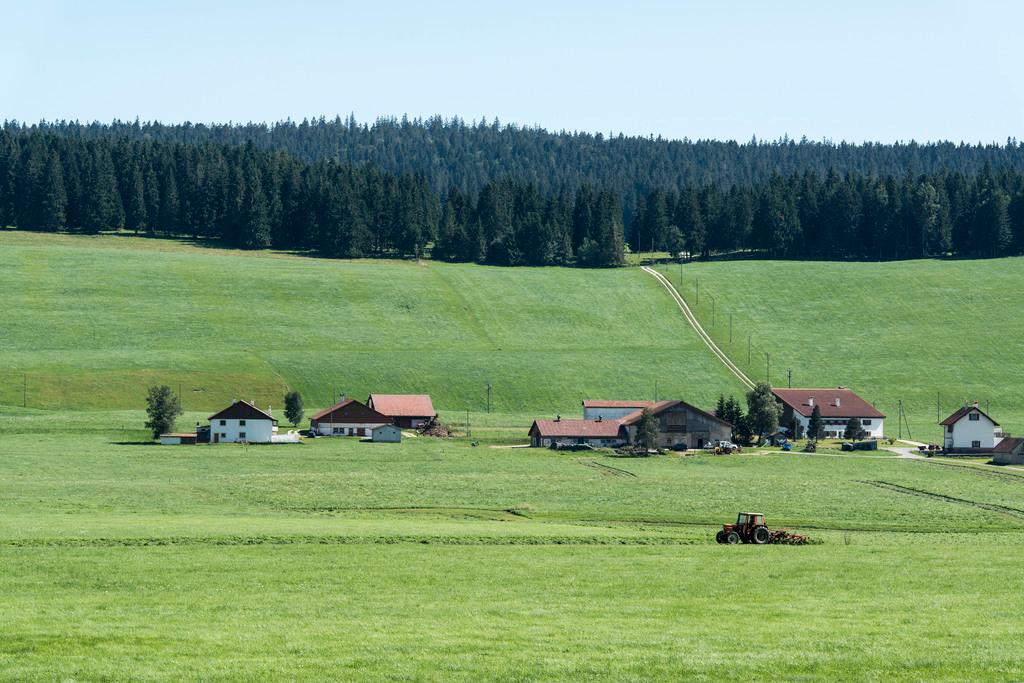

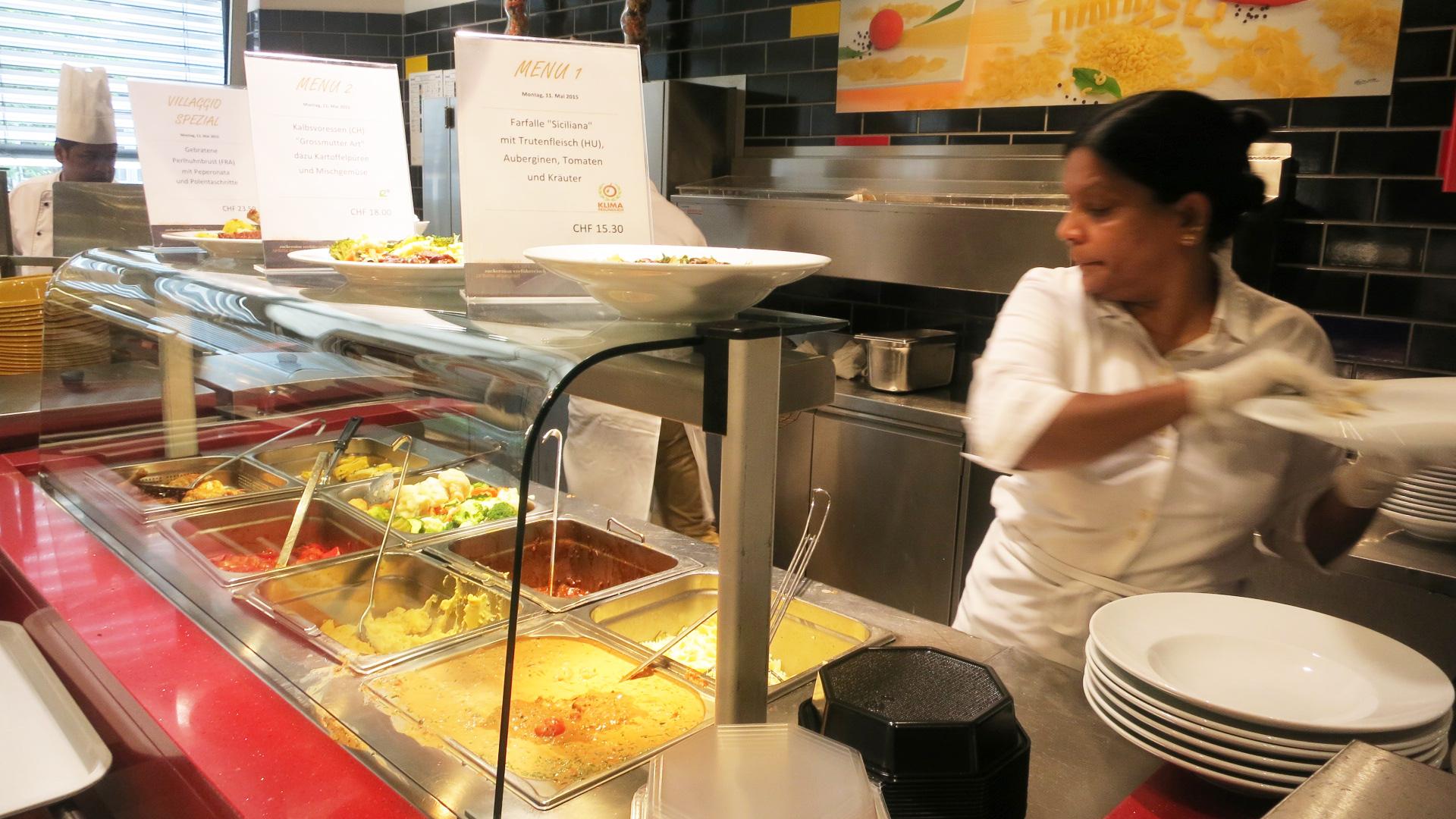
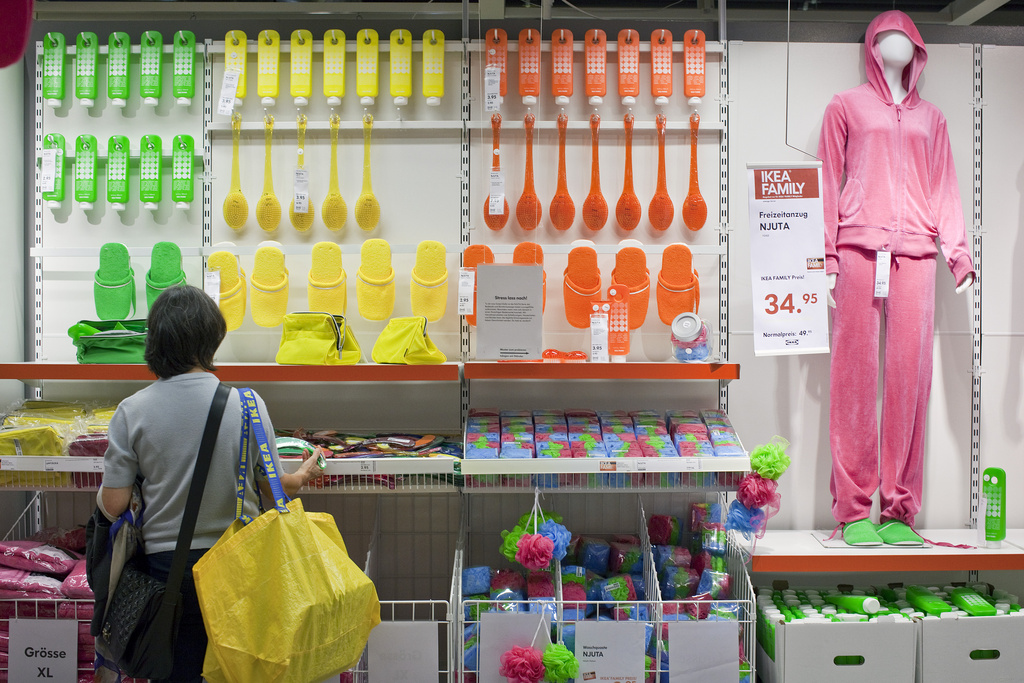
You can find an overview of ongoing debates with our journalists here. Please join us!
If you want to start a conversation about a topic raised in this article or want to report factual errors, email us at english@swissinfo.ch.